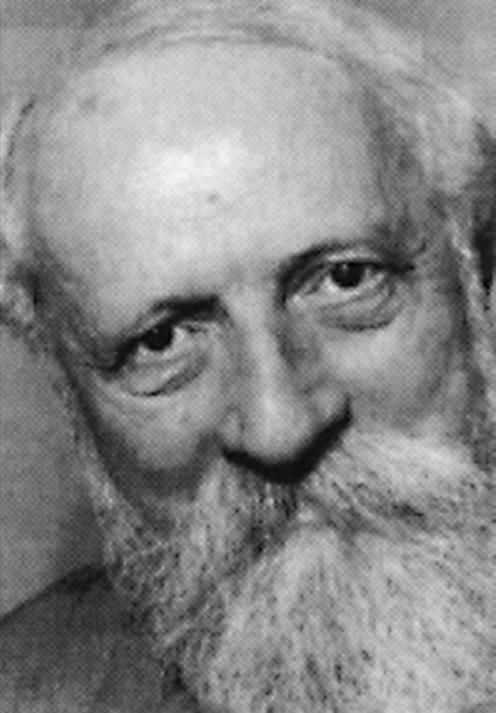Martin Buber (Martin Buber)

Martin Buber (Hebrew: מרטין בובר, German: Martin Buber, Yiddish: מארטין בובער; February 8, 1878 – June 13, 1965) was an Austrian-born Israeli Jewish philosopher best known for his philosophy of dialogue, a form of existentialism centered on the distinction between the I–Thou relationship and the I–It relationship. Born in Vienna, Buber came from a family of observant Jews, but broke with Jewish custom to pursue secular studies in philosophy. In 1902, he became the editor of the weekly Die Welt, the central organ of the Zionist movement, although he later withdrew from organizational work in Zionism. In 1923, Buber wrote his famous essay on existence, Ich und Du (later translated into English as I and Thou), and in 1925, he began translating the Hebrew Bible into the German language. In 1930, Martin Buber became an honorary professor at the University of Frankfurt am Main, but resigned from his professorship in protest immediately after Adolf Hitler came to power in 1933. He then founded the Central Office for Jewish Adult Education, which became an increasingly important body as the German government forbade Jews to attend public education. In 1938, Buber left Germany and settled in Jerusalem, Mandate Palestine, receiving a professorship at Hebrew University and lecturing in anthropology and introductory sociology. Martin Buber was a direct descendent of the prominent 16th century rabbi Meir Katzenellenbogen, known as the Maharam of Padua, as was his cousin, cosmetics entrepreneur Helena Rubinstein. Karl Marx is another notable relative. Buber’s wife Paula died in 1958, and he died at his home in the Talbiya neighborhood of Jerusalem on June 13, 1965. They had two children: a son, Rafael Buber and a daughter, Eva Strauss-Steinitz.
Born
- February, 08, 1878
- Vienna, Austria-Hungary
Died
- June, 06, 1965
- Jerusalem, Israel
Cemetery
- Har HaMenuchot Cemetery
- Jerusalem, Israel

